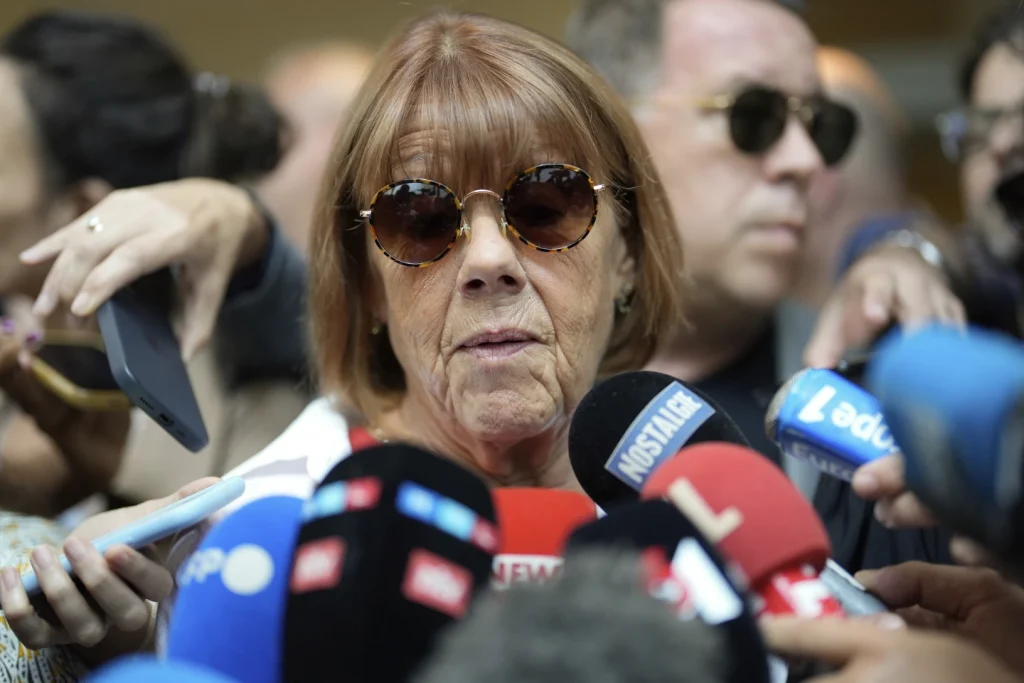
AVIGNON, France (AP) — A woman who was allegedly drugged by her now ex-husband so that she could be raped by other men while she was unconscious testified Thursday that her world collapsed when police uncovered the years of alleged abuse.
Speaking in a calm and clear voice, Gisèle Pélicot detailed with impressive composure the horror of discovering that her former spouse had systematically filmed the dozens of suspected rapes — storing thousands of images that police investigators later found.
“It’s unbearable,” she told the court in the southern French city of Avignon in an hour of testimony. “I have so much to say that I don’t always know where to start.”
Dominique Pélicot, now 71, and 50 other men are standing trial on charges of aggravated rape and face up to 20 years in prison. The trial started on Monday and is expected to run until December. Thursday marked the first time that Gisèle Pélicot, also in her 70s, had testified.
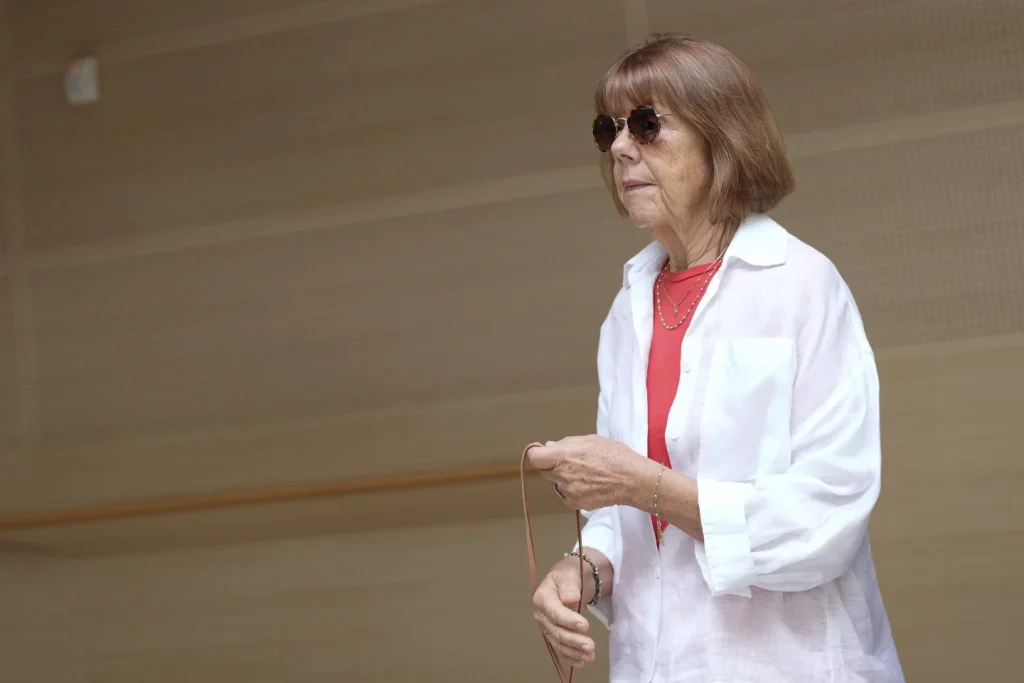
The Associated Press doesn’t generally identify victims of sexual crimes. But Gisèle Pélicot’s lawyer, Stéphane Babonneau, said she accepted that her name would be published in the same way that she insisted that the trial be held in public.
She told the court that she hopes her testimony might help spare other women from similar ordeals. She said she pushed for the trial in open court in solidarity with other women who go unrecognized as victims of sexual crimes.
She and her husband of 50 years had three children. When they retired, the couple moved into a house in Mazan, a small town in Provence.
“I thought we were a close couple,” she told the court.
But in late 2020, a security agent caught her husband taking photos of women’s crotches in a supermarket, leading investigators to search Dominique Pélicot’s phone and computer. They found thousands of photographs and videos of men appearing to rape Gisèle in their home while she appears to be unconscious.
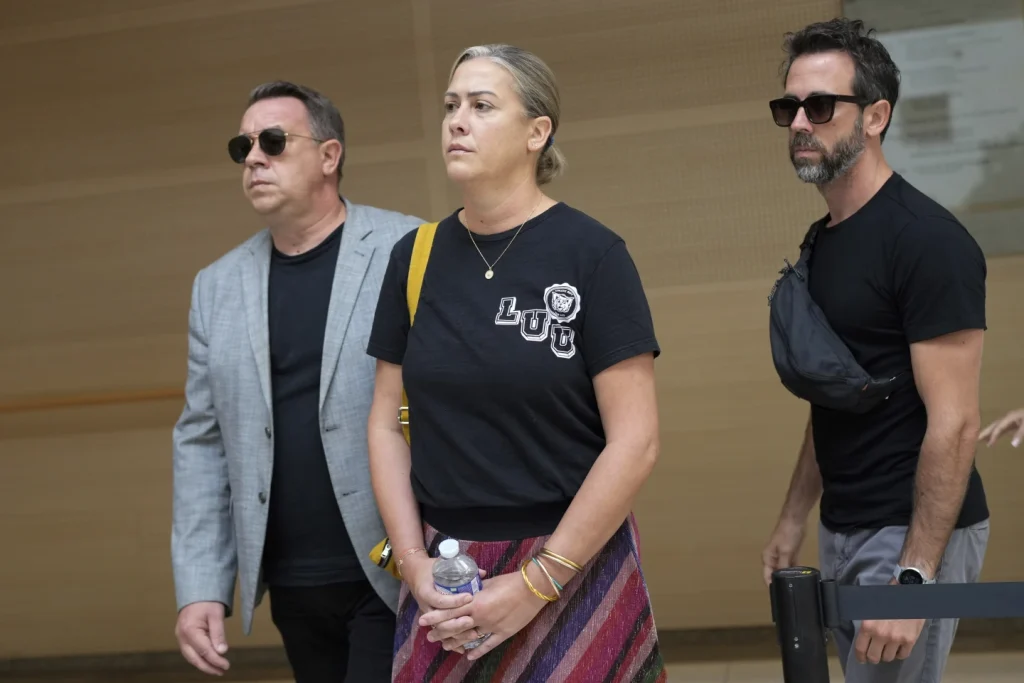
When police officers called her in for questioning, she initially told them her husband was “a great guy.” But after being confronted with the unfathomable — police showed her some of the images — she left her husband.
“For me, everything collapses,” she testified. “These are scenes of barbarity, of rape.”
She left with two suitcases, “all that was left for me of 50 years of life together.” Since then, she said, “I no longer have an identity. … I don’t know if I’ll ever rebuild myself.”
Police investigators found communications Dominique Pélicot allegedly sent on a messaging website commonly used by criminals, in which he invited men to sexually abuse his wife. French authorities shut down the website earlier this year.
Crude details of the alleged abuses, which investigators said began in 2011, and of the elaborate system Pélicot put into place over 10 years have emerged during the trial.
Dominique Pélicot told investigators that men invited to the couple’s home had to follow certain rules — they could not talk loudly, had to remove their clothes in the kitchen, could not wear perfume nor smell of tobacco.
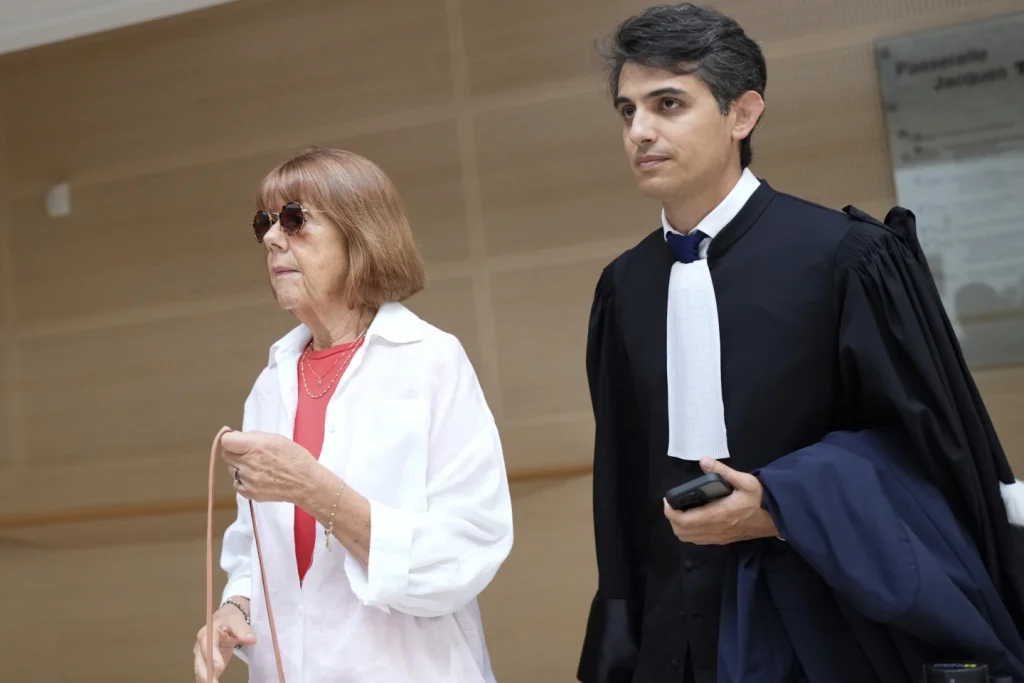
They sometimes had to wait up to an hour and a half in a nearby parking lot for the drug to take full effect and render Gisèle Pélicot unconscious.
The toxicologist on Thursday spoke of a “cocktail” of medication, a mixture of Temesta and Zolpidem, hypnotic and anxiolytic drugs. A medical expert said that the alleged rapists were not made to wear condoms and that Gisèle Pélicot had contracted four sexually transmitted infections.
“I was sacrificed on the altar of vice,” Gisèle Pélicot testified. “They regarded me like a rag doll, like a garbage bag.”
Because Dominique Pélicot videotaped the alleged rapes, police were able to track down — over a period of two years — a majority of the 72 suspects they were seeking.
Besides Pélicot, 50 other men, aged 22 to 70, are standing trial. Several defendants are denying some of the accusations against them, alleging they were manipulated by Pélicot.
Questioned in court, Gisèle Pélicot rejected the argument that any of these men were manipulated or trapped.
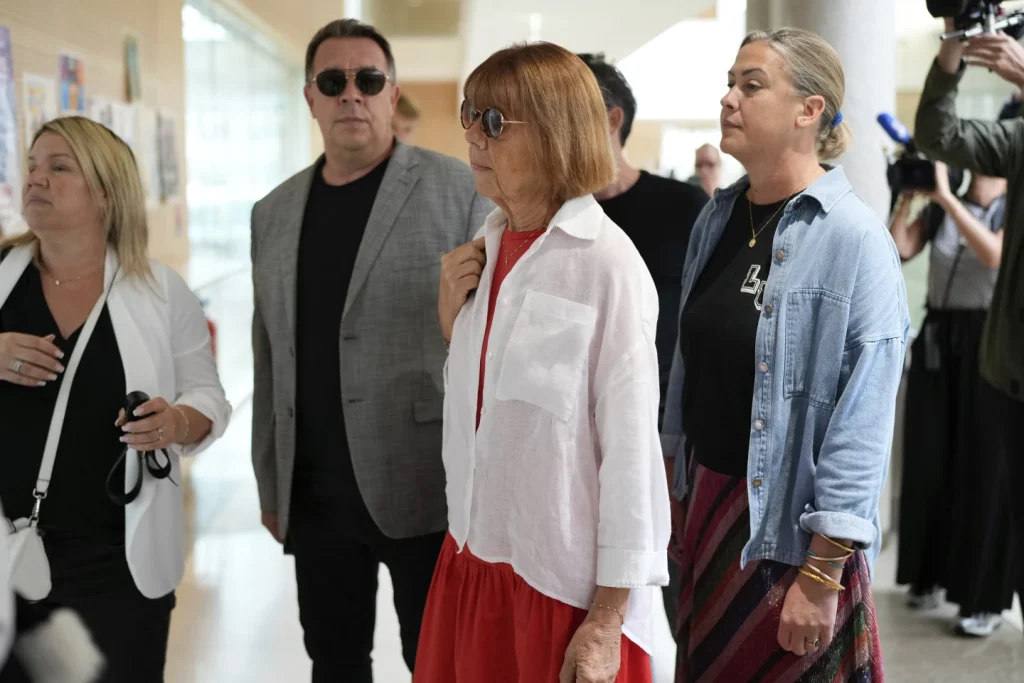
“These men entered my home, respected the imposed protocol. They did not rape me with a gun to the head. They raped me in all conscience,” she said. “Why didn’t they go to the police station? Even an anonymous phone call could have saved my life.”
Over the next few months, the defendants will appear in small groups before a panel of five judges, with Pélicot scheduled to speak next week. Psychologists, psychiatrists and computer experts will also testify.
Outside the courthouse, Gisèle Pélicot told reporters she had tried to answer lawyers’ questions as best she could, despite the pressure of having all these “individuals” behind her.
“We will have to fight until the end.”
___
Vaux-Montagny reported from Lyon, France.
AP reporters John Leicester and Diane Jeantet contributed to this report from Paris.
